Bri Sullivan, Community Manager at Keep Nature Wild
In this day and age, we are so connected -- news is at our fingertips, in our ears, and within reach at all times. Hitting refresh will show you 70 new tweets in a second, meaning that our ability to consume information, statistics, events, and opinions is...non-stop. The APA released a study last year that states that more than two-thirds of Americans said that they feel some eco-anxiety.
The term eco-anxiety is defined as: extreme worry about current and future harm to the environment caused by human activity and climate change. Can you relate to a feeling of anxiety or fear for not only your future and what the planet will be like, but for future generations to come?
The Journal of Climate Change and Health published the study "Understanding Eco-anxiety: A Systematic Scoping Review of Current Literature and Identified Knowledge Gaps" by Yumiko Coffey, Navjot Bhullar, Joanne Durkin, Md Shahidul Islam, and Kim Usher which shares that "many people report fearing for themselves, their children and future generations with deep feelings of loss, hopelessness, and anger as they witness the effects of climate change. It is important to understand the anxiety response evoked by the climate crisis, given its increased global awareness."
So, What Causes Eco-Anxiety?
It can be from consuming too much media and news, from experiencing an ecological disaster or incident, from education on the topics, having kids or considering having kids and also from personal regret from decision making.
The study also concluded that "most of the evidence comes from the Western countries, and future research is needed in the non-Western countries. Indigenous peoples, children, and young people, and those connected to the natural world are most impacted by eco-anxiety and are identified as vulnerable."
Here is a brief quiz you can take about Eco-Anxiety and if you're experiencing it! (My results said I do have eco-anxiety but have learned how to channel it into action.)
8 ways To Manage Your Eco-Anxiety:
1) Stick to a few key topics
It can be overwhelming trying to learn about, absorb and take action on every single environmental and climate-related injustice or issue. Researchers note that by educating yourself, increasing your awareness, and setting healthy boundaries and limits, you can make active, realistic strides to reduce climate change.
2) Find your passion and get involved
A lot of mobilization comes from getting angry or disappointed which then encourages people to become active, engage in advocacy and civil action, and organize groups. Get involved in your community, on the local level with policy, voting, mobilizing others to vote, petitions, protests, volunteering, and more.
3) Explore Realistic Life Changes
Choosingtherapy.com suggests figuring out your carbon footprint, using public or physical transportation (if possible), reducing or lowering the use of AC and electricity, using reusable over plastic, or starting a garden.1,3,10
Dr. Shebitz also recommends focusing on the small, relatively easy, and cost-saving things you can do:
- Reduce: Cut down your consumption. Ask yourself before buying something (ranging from food wrapped in plastic to clothing and large furniture, toys, and electronics): Do I need this? Is this the most sustainable choice?
- Reuse everything you can – No more single-use materials/plastics.
- Shut off all electricity when not needed – including power strips.
- Limit (or even eliminate) meat consumption – That makes a huge difference!
- Conduct an energy audit of your home and see where you are wasting energy – Insulate, and replace old windows and doors.
- Fly less
- Carpool and take mass transit
4) Get Involved In Your Community
Getting involved in your community can help reduce your area’s impact on the environment and care for areas that need support. Community activities might include trash pickup, growing or adding to a neighborhood garden, recycling, or participating in food waste reduction.
5) Journal
When feelings of overwhelm come in journaling can help you increase gratitude and provide insight into the changes you’ve made over time. Some studies observe that journaling is related to having fewer mental health concerns, increased insight into mental health, and heightened physical stability.
6) Find Green Spaces
According to brightly.eco how and where you spend your free time can also influence anxiety levels and overall mental health. Spending more time in green spaces (and out in nature in general) has been shown to lower stress levels and reduce rates of stress-related illness. “Green spaces” refers to spaces outdoors that are at least partially covered by “natural elements,” like vegetation, flowers, or trees.
Parks, forests, wilderness areas, and gardens all fit the criteria, and in some places like New York City, green spaces have been purposefully constructed to serve city dwellers who may not otherwise encounter them naturally. Of course, not everyone has access to green spaces that facilitate these positive mental health effects, so community organizations like the New York Restoration Project in New York and City Blossoms in Washington, DC, aim to do just that by promoting and creating accessible green spaces in urban settings.
7) Reconsider Your Commute
A 2014 study published in Preventive Medicine found that active commuters experienced lower levels of stress than car commuters. And for walkers, a sense of well-being increased proportionately to travel time. For drivers, the sense of well-being decreased with travel time. Even the use of public transit correlated to higher levels of well-being as opposed to driving. We suggest that if you’re able to walk, bike, or use public transportation on your next commute, your mind—and the planet—may benefit.
8) Limit Media Consumption
You've surely heard the term "doom-scrolling" by now -- which can greatly impact your mental wellbeing. Enmeshing yourself in the media (including social media, television, movies, news coverage, etc.) about ecological crises can leave you feeling helpless with the combo of this and non-stop social media and news updates. Psychologists suggest limiting and disengaging from media coverage and other ecological exposure to give yourself a break from time to time.

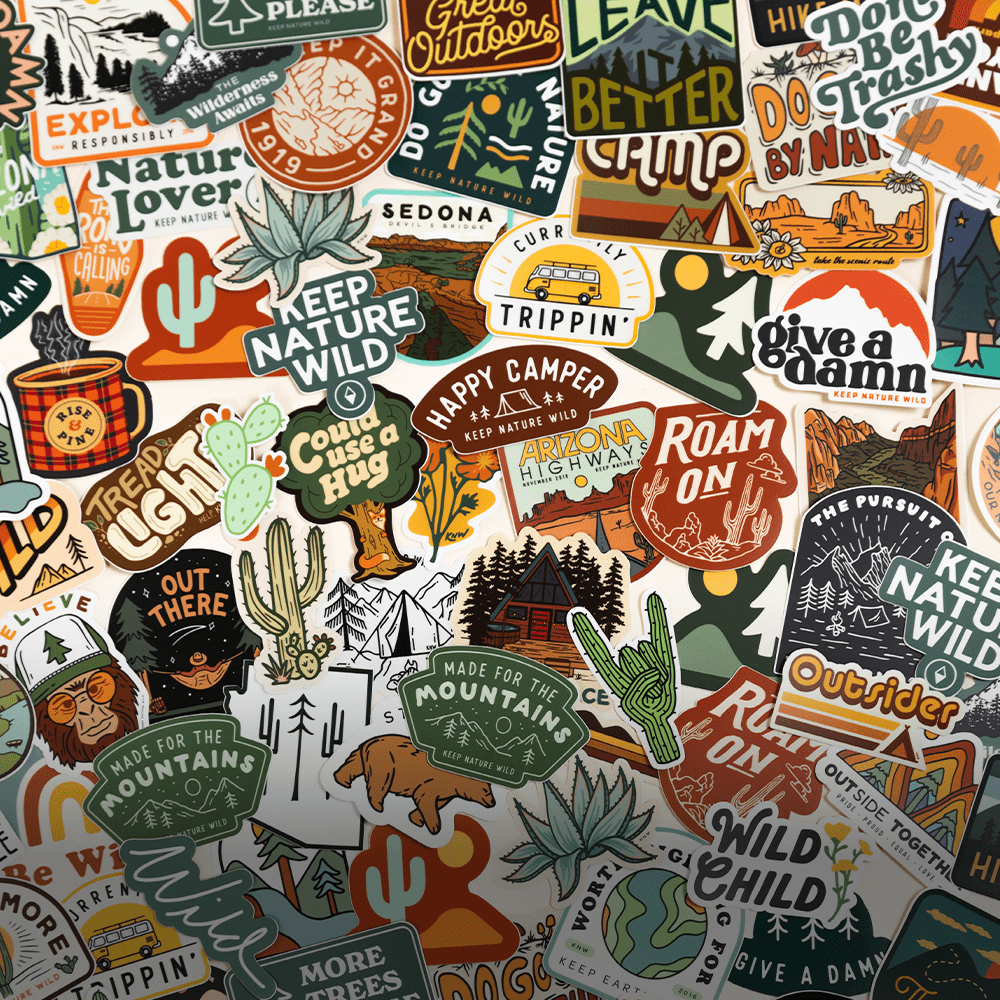
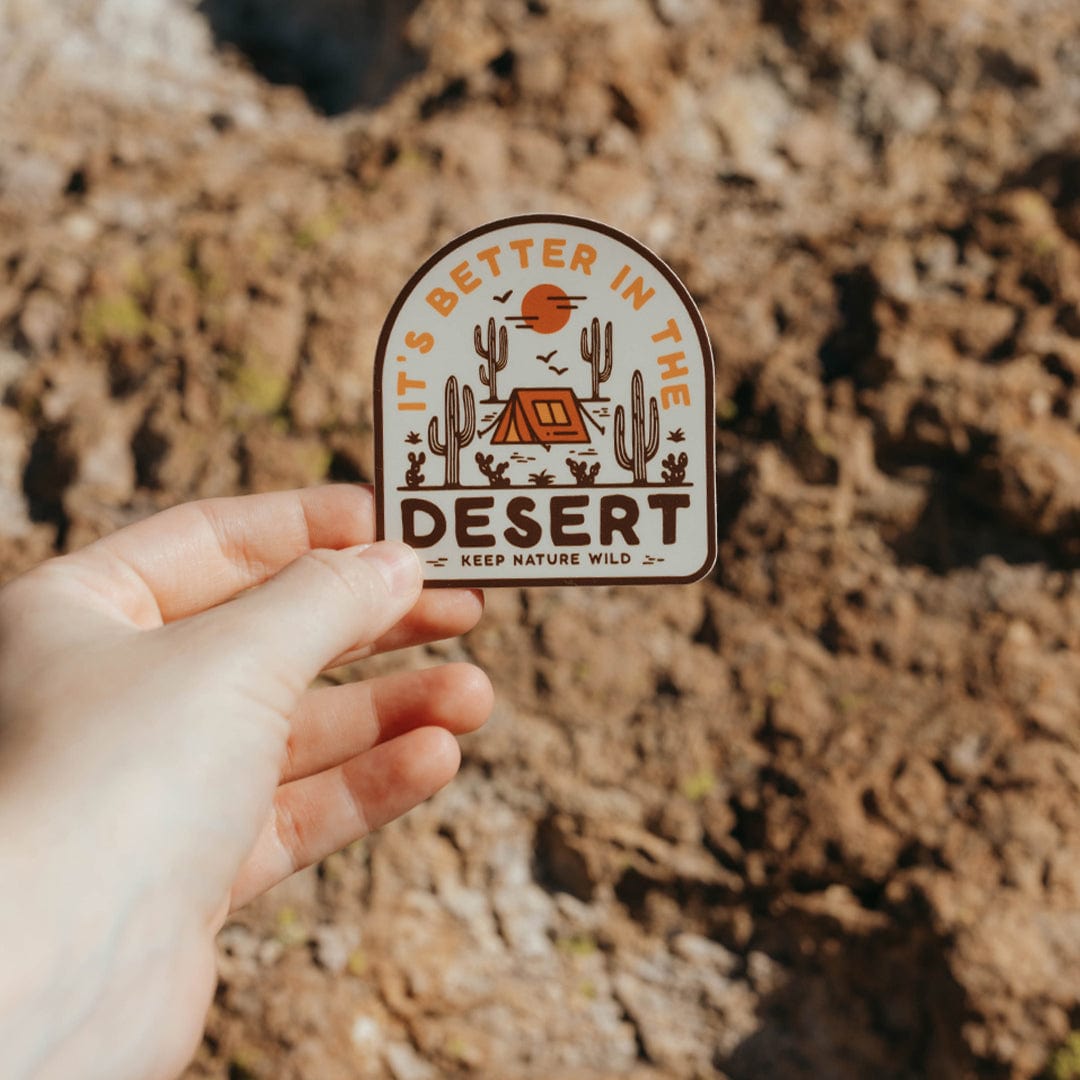
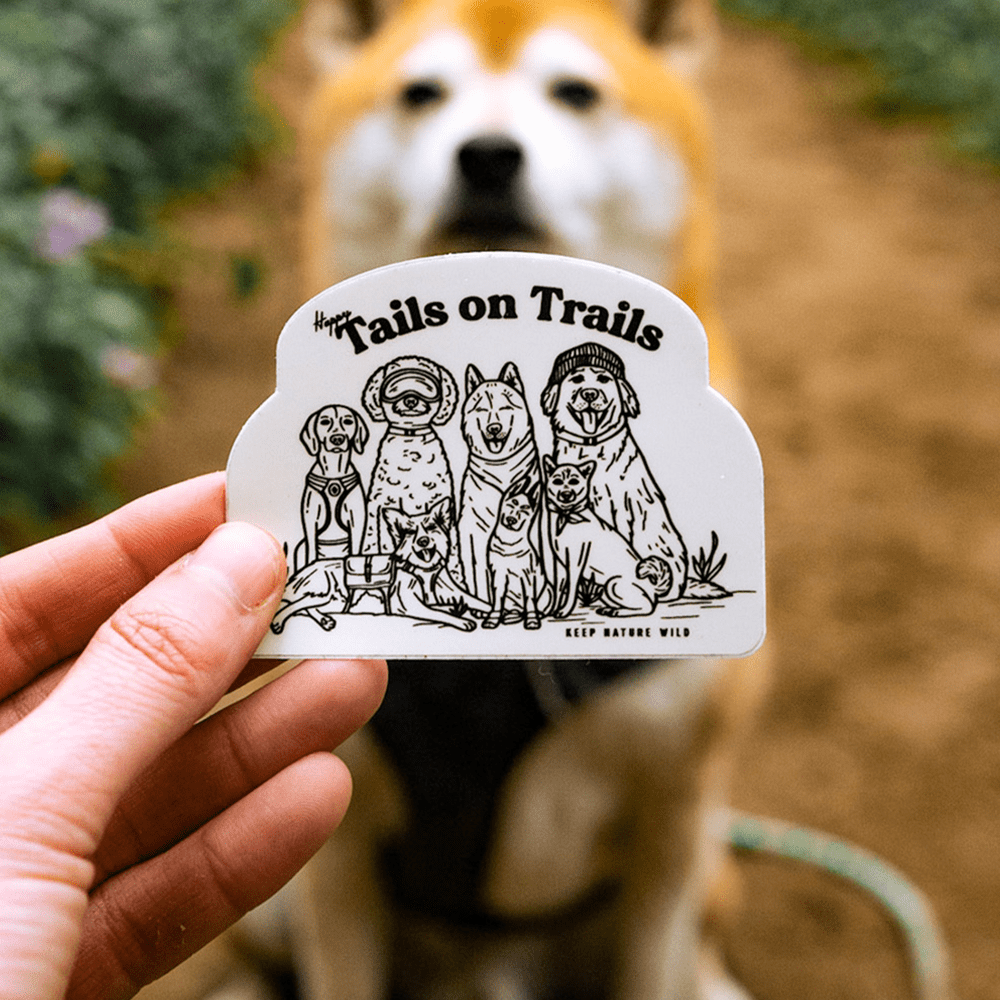
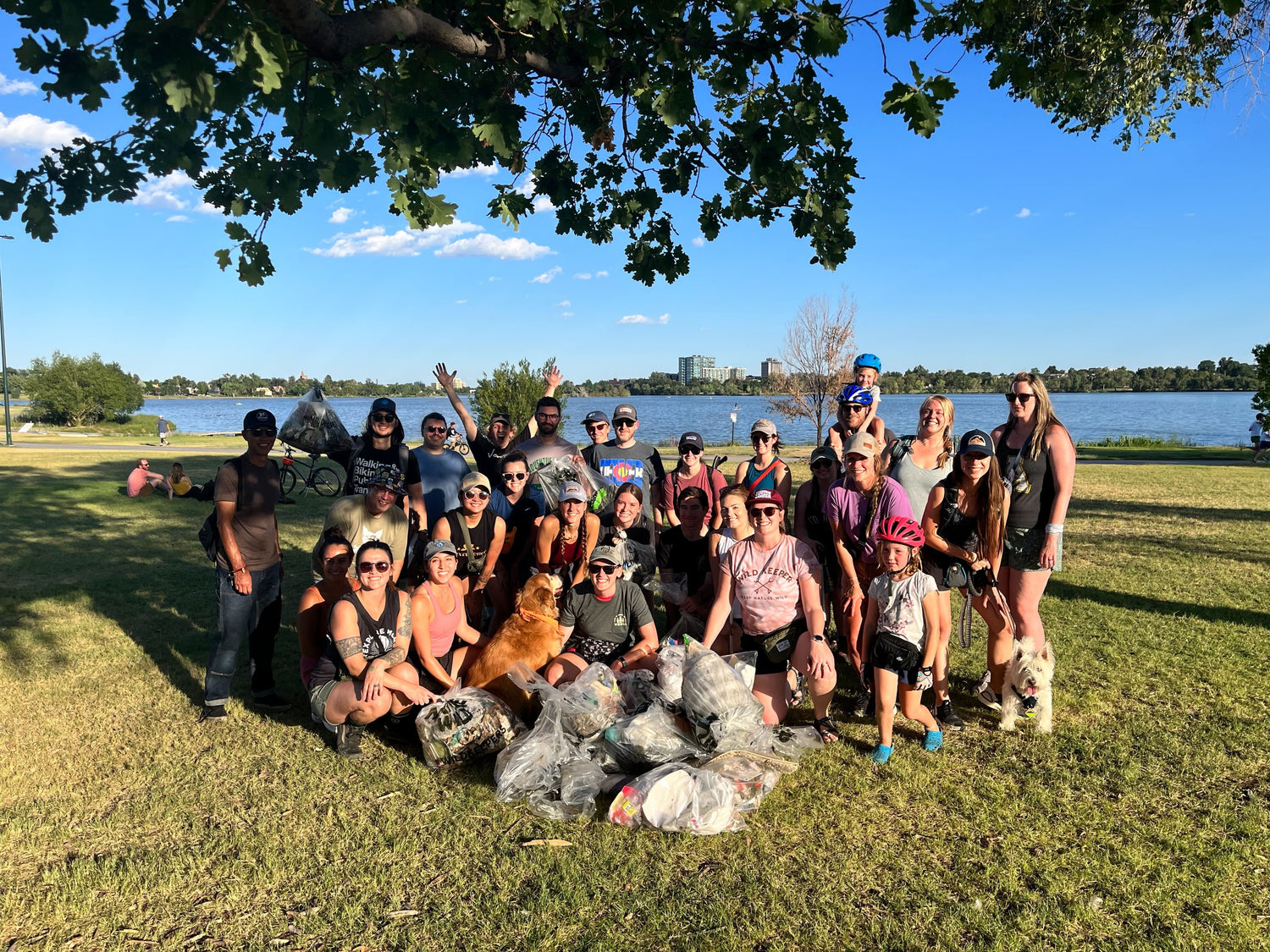
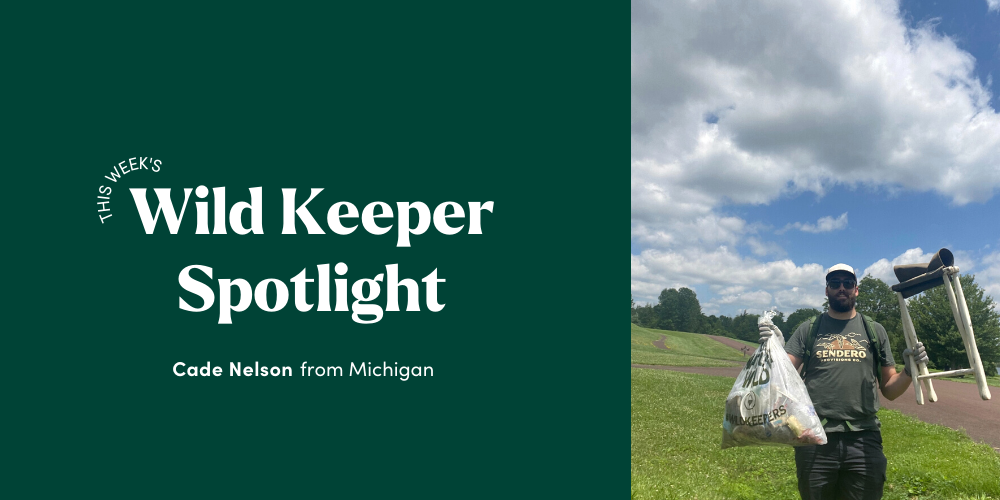
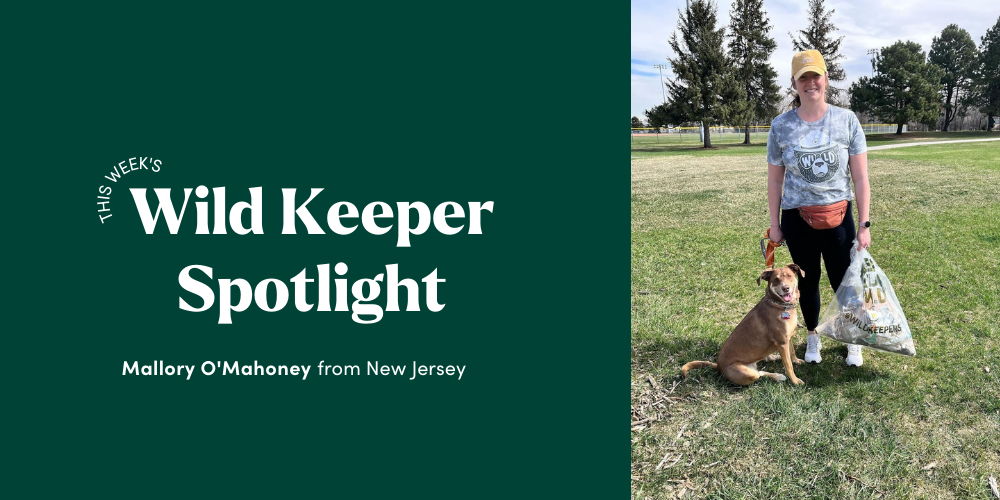
Leave a comment
All comments are moderated before being published.
This site is protected by hCaptcha and the hCaptcha Privacy Policy and Terms of Service apply.